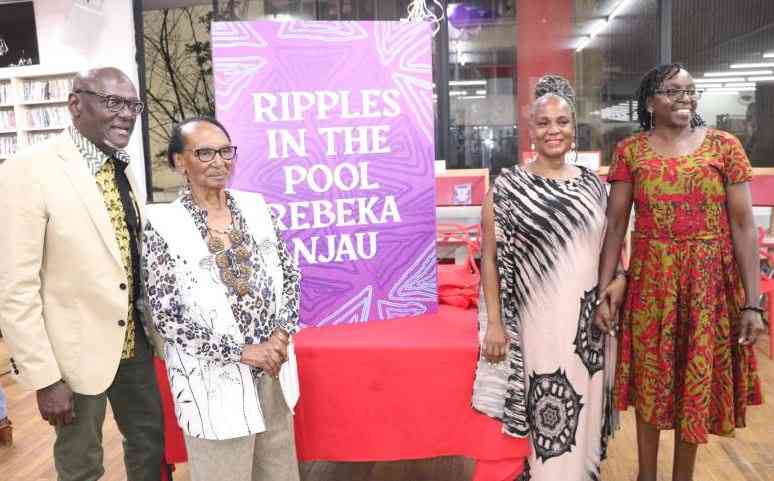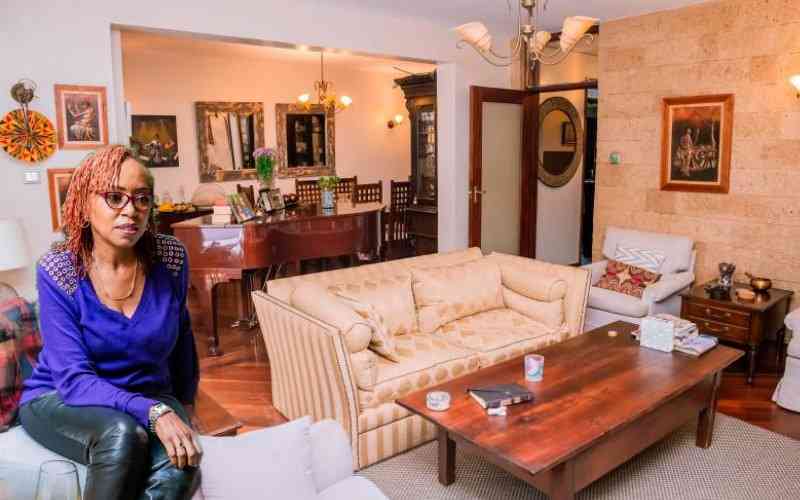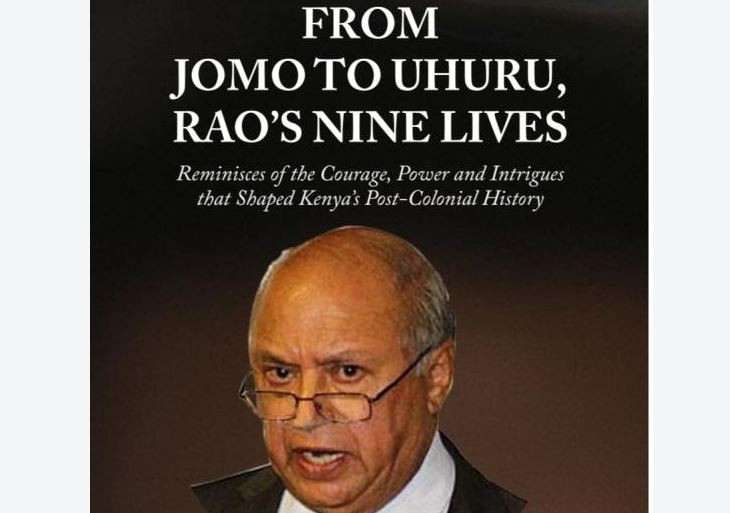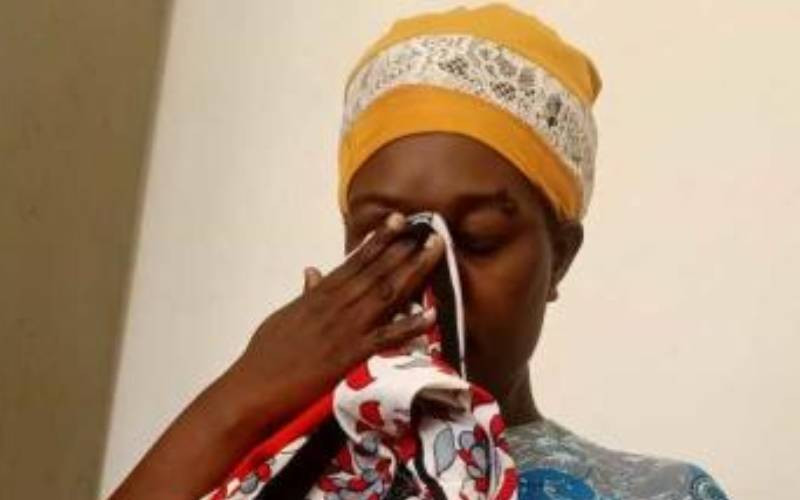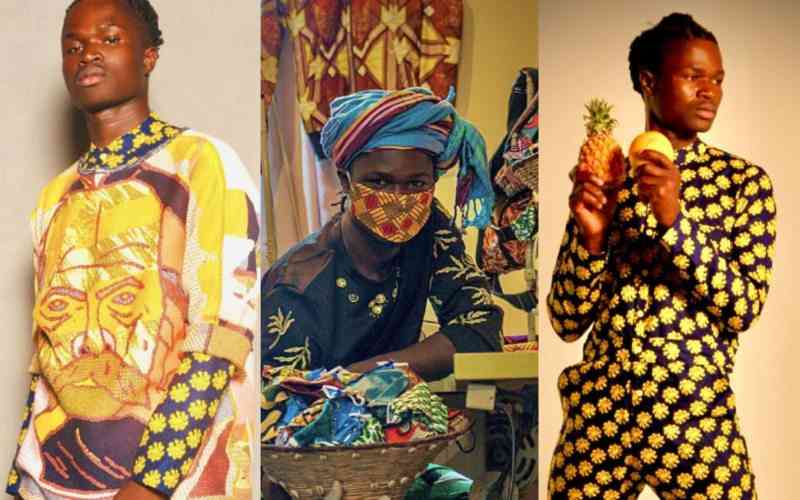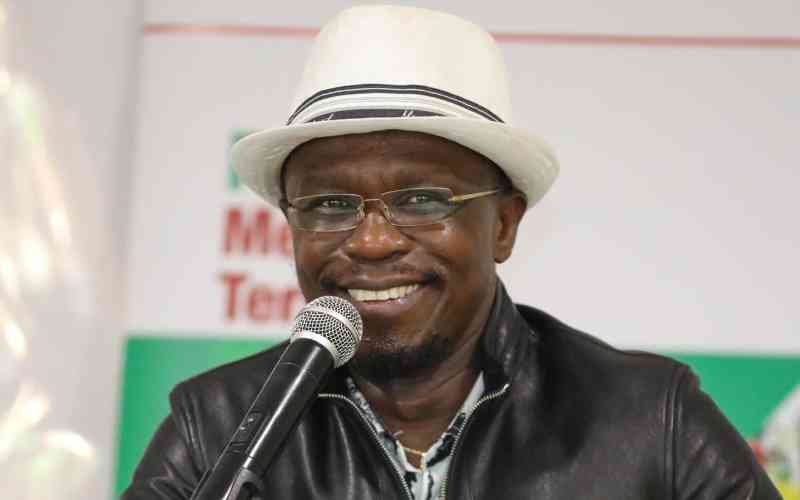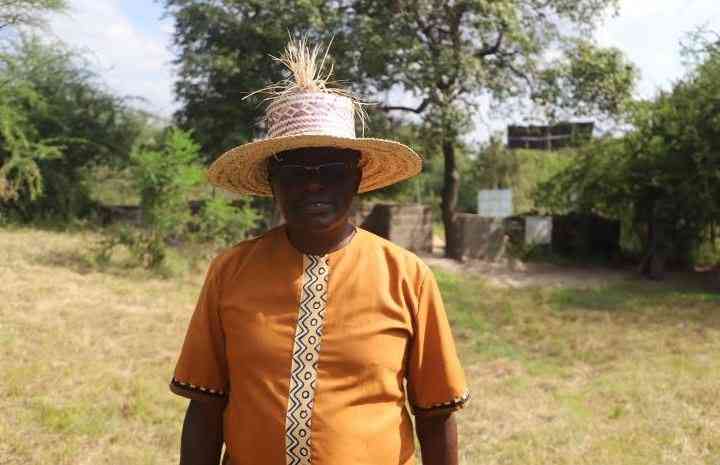
Iconic South African fine artist and jazz musician Charles Ezekiel Molefi Sekano is dead.
The star died on Saturday, June 22, 2024, at his home in Pretoria, South Africa.
Born on November 18, 1943, in Sofiatown, Charles Sekano witnessed the bulldozing of his home during the apartheid regime among others in Sophiatown, and a forceful removal to Meadowlands, Soweto.
Sekano became a cadre of the Pan Africanist Congress of Azania (PAC), fighting against the regime.
In 1964, at only 21 years of age, he left South Africa and journeyed through Botswana and Tanzania before finally reaching Kenya, where he applied for political asylum in 1967.
Fondly known as Charlie in Exile, he became part of a medley of other exiled artists and freedom fighters through art, like poet Mzee David Rubadiri, writer Okot p’Bitek of ‘Song of Lawino’ fame, playwright-director John Ruganda, Taban Lo Liyong, and Austin Bukenya, who made the National Theatre Bar their meeting place.
Charles was mostly known for what he called the “3 P’s” which are Painting, Piano & Poetry.
He was the quintessential flamboyant artist who would sit in the company of others yet be all alone, listening to different rhythms while all those around him tuned into one common station.
- Doctors advocate for early diagnosis to curb high arthritis cases
- When a child is born with a hole in the heart
- Drive aimed at startups in climate space
- Child safeguarding in Kenya: Fighting sexual abuse and exploitation
Keep Reading
As avant-garde as he was, he was equally content sitting all alone thinking about art.From this nest, besides painting, Charles would frolic and make forays into the Goethe Institute and the French Cultural Centre for performances on piano or saxophone.
He was a fury to behold on the piano but his saxophone was both playful and, at times, melancholic. Charlie's last performance in Kenya was at the Kenya National Theatre on Saturday, July 11, 1998, before returning to South Africa.
His mark on the Kenyan art scene
It was in visual artistry that Charles was better known in the Kenyan art scene. He was one of a beloved handful of artists at the late Ruth Schaffner’s Gallery Watatu.
His pastels on paper—mostly of women—retained an enchanting charm and were almost always bright and colourful.
Charles retained simplicity through drawing by daring to use the line at its simplest as a tool to express form and colour to convey a message against the oppression brought on by apartheid.
He did not hesitate to use red and green for skin colours, nor pink or blue. Although Charles mostly depicted urban scenes, there was always a lingering rural longing for home depicted in bushes and trees therein.
In 1998, Charles Sekano returned to South Africa, four years after the first democratic election, which saw Nelson Mandela taking the presidency. He was awarded the government’s special military pension for his service up until his passing in 2024.
The Goethe Institute once held a sculptural show of his coiled wire mobiles, reminiscent of his classic line drawings and calling to mind Alexander Calders mobile sculptures.
The lighting didn’t quite work out. His last major exhibition in Kenya was at the Red Hill Art Gallery of Contemporary African Art in May - June 2015. It comprised works from his stay in Kenya between 1967 and 1997.
Charlie’s major outlet remains through his London agent, Ed Cross, who has kept his art alive on the international art market since his last exhibition in London in 2011.
Although Sekano was a major ripple in the Kenyan art scene, he returned to South Africa after 30 odd years in exile, to a South Africa that hardly knew him.
Charles once told me that his name was Molefi, which is the equivalent of “Murihi,” which in English translates to “The one who pays”.
Sekano once played a minor role in David Mulwa’s play ‘Redemption’ and was a most reluctant player. He was either a fine artist, a jazz musician-poet, or nothing at all, meaning he had to be the best at what his hands touched.
He crossed over peacefully, surrounded by his loving family in his home in Pretoria. Charles is survived by his wife Catherine Wangari, his two sons Vincent and Onakes, and his two daughters Christina and Zanele.
Burial arrangements are ongoing and will be announced through a family channel.
 The Standard Group Plc is a multi-media organization with investments in media platforms spanning newspaper print
operations, television, radio broadcasting, digital and online services. The Standard Group is recognized as a
leading multi-media house in Kenya with a key influence in matters of national and international interest.
The Standard Group Plc is a multi-media organization with investments in media platforms spanning newspaper print
operations, television, radio broadcasting, digital and online services. The Standard Group is recognized as a
leading multi-media house in Kenya with a key influence in matters of national and international interest.

